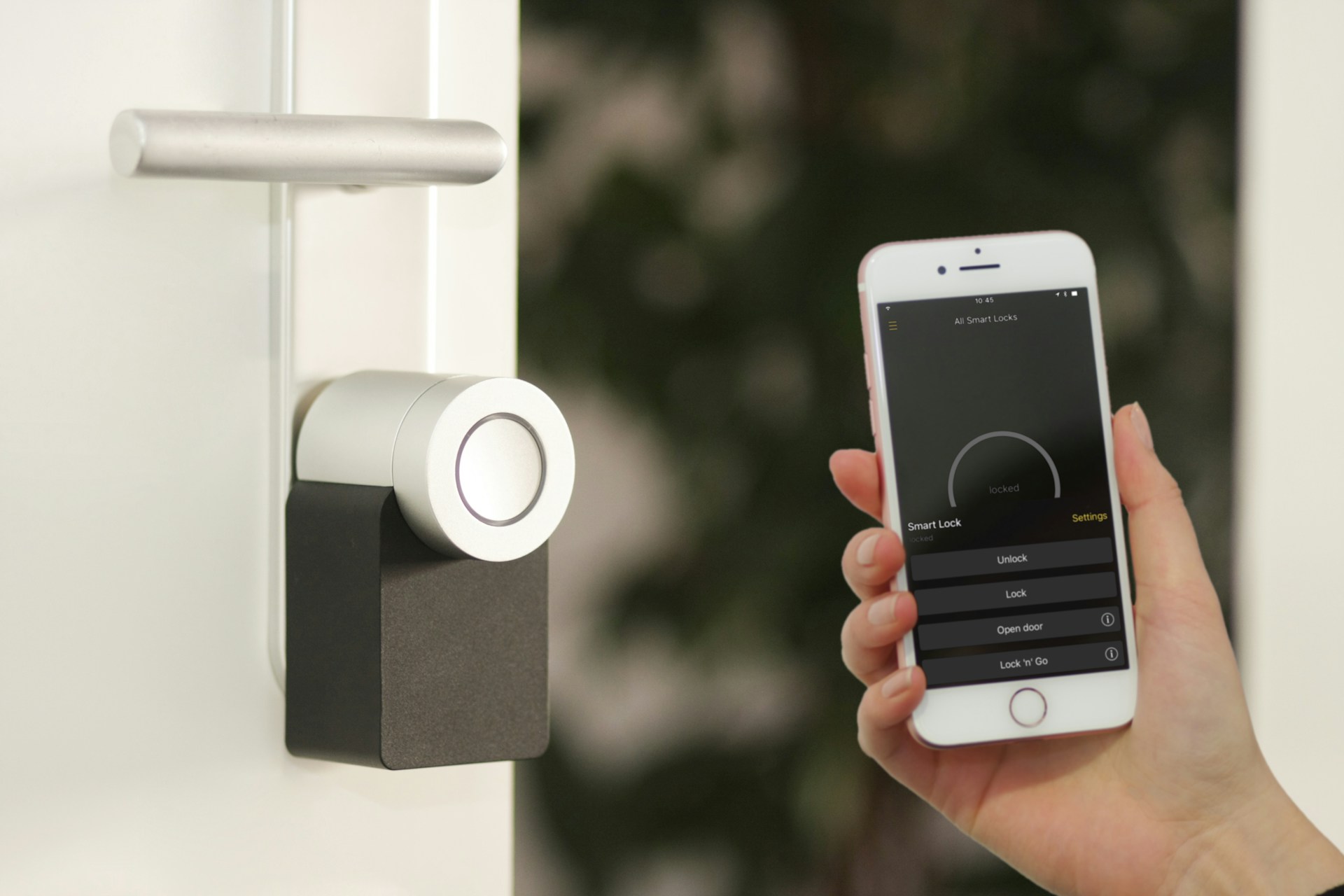Remote work is no longer a temporary solution—it’s the new normal. From freelancers managing projects at coffee shops to entire corporate teams spread across different time zones, the way we work has changed dramatically. But one thing hasn’t changed: the need for security.
When you’re working outside the safety of an office IT network, your internet connection is your weakest link. That’s where a VPN (Virtual Private Network) comes in. A VPN helps encrypt your traffic, keep sensitive company data private, and even ensure compliance with industry regulations.
But here’s the problem—not all VPNs are built with remote workers in mind. Many are designed for casual browsing or streaming, not for professionals who handle confidential documents, client communications, or financial data.
So if you’re working remotely, which features in a VPN really matter? Let’s break it down.

Why Remote Workers Need a VPN in the First Place
Before we dive into features, let’s quickly cover the “why.”
-
Public Wi-Fi dangers: Coffee shops, airports, hotels—great for remote work vibes, terrible for security. Hackers can easily intercept unencrypted data.
-
Company data protection: Remote employees often handle files that, if leaked, could harm a business or break compliance rules.
-
Geo-restrictions: Some employees need access to company tools or websites that are region-locked.
-
Privacy: Even at home, your ISP can log your browsing activity. A VPN helps keep your work data private.
In short: if you’re working remotely without a VPN, you’re leaving the door wide open to security risks.
Essential Features a VPN for Remote Work Should Have
Now let’s get into the must-have features. If you’re choosing a VPN for professional use, make sure these boxes are ticked.
1. Strong Encryption (AES-256 or Equivalent)
Encryption is the core of any VPN. For remote work, you don’t want anything less than AES-256-bit encryption, which is the industry gold standard. It ensures that even if someone intercepts your traffic, it’s unreadable gibberish.
Some VPNs cut corners here, offering weaker encryption or outdated protocols. That’s fine for casual streaming but not when company data is on the line.
2. A Strict No-Logs Policy
If your VPN provider keeps logs of your activity, you’re just moving your trust from your ISP to the VPN company. For remote workers handling sensitive data, that’s not acceptable.
Look for providers that clearly state they keep zero logs of browsing activity, connection timestamps, or IP addresses—and better yet, those that have had their no-log policies independently audited.
3. Reliable Kill Switch
Imagine you’re working on a confidential client document, and your VPN suddenly disconnects without warning. For those few seconds, your real IP and traffic are exposed.
That’s where a kill switch comes in—it automatically cuts off your internet if the VPN drops, ensuring you’re never exposed accidentally. For remote workers, this isn’t optional—it’s essential.
4. Multi-Device Support
Remote work doesn’t happen on one device anymore. You might start your day on a laptop, check messages on your phone, and maybe join a call on a tablet.
A good VPN should allow multiple simultaneous connections so you can stay protected across all your devices without constantly logging in and out.
5. Speed and Performance
VPNs add encryption, which can sometimes slow down your internet. For remote workers, slow speeds mean dropped video calls, laggy collaboration tools, and frustration.
Choose a VPN with a reputation for fast, stable servers that can handle video conferencing, file uploads, and cloud tools without hiccups. Bonus points if they offer servers optimized for specific tasks like VoIP or streaming.
6. Wide Server Coverage
If your company tools are only available in certain regions, or if you travel frequently, server diversity matters.
A VPN with global server locations ensures you can always connect through the region you need—whether that’s accessing internal company tools from abroad or simply avoiding restrictions while traveling.
7. Easy-to-Use Apps
Remote workers don’t have IT staff sitting nearby to troubleshoot. A VPN app should be simple, intuitive, and reliable. One-click connect, clear status indicators, and automatic startup options are all important.
If the VPN feels like a puzzle to use, chances are employees won’t stick with it consistently.
8. Split Tunneling
Sometimes, you don’t need all your traffic going through a VPN. For example, you might want your Zoom calls to run outside the VPN for better performance, while keeping file transfers encrypted.
That’s where split tunneling helps—it lets you choose which apps or websites use the VPN and which don’t. For remote work, it’s a lifesaver for balancing security and speed.
9. Multi-Factor Authentication (MFA)
If your VPN credentials are stolen, your whole security setup collapses. Some professional-grade VPNs now offer multi-factor authentication (like a one-time code sent to your phone) for an extra layer of protection.
This might sound small, but in corporate environments, MFA can make the difference between a failed breach attempt and a successful one.
10. Business-Friendly Features
If you’re part of a larger remote team, look for VPNs that go beyond consumer features:
-
Dedicated IP addresses (so company servers only allow connections from trusted IPs)
-
Centralized admin controls (to manage employee accounts easily)
-
Compliance certifications (like GDPR, HIPAA, or SOC 2)
These features are particularly important for industries like healthcare, finance, or law, where compliance isn’t optional.
Bonus: Red Flags to Avoid
Just as important as knowing what to look for is knowing what to avoid:
-
Free VPNs: They often log your data, inject ads, or cap your speeds. Not worth the risk for remote work.
-
VPNs without audits: If their privacy claims haven’t been tested by third parties, be cautious.
-
Sketchy jurisdictions: VPNs headquartered in countries with invasive surveillance laws may not be able to protect you.
Best Practices for Remote Workers Using a VPN
Even with the best VPN, how you use it matters. A few habits go a long way:
-
Keep it on at all times—not just when you’re on public Wi-Fi.
-
Update your VPN client regularly to patch vulnerabilities.
-
Combine with other tools like password managers and antivirus for a full security stack.
-
Use strong, unique passwords for your VPN account.
The Future of VPNs for Remote Work
With remote work here to stay, VPNs are evolving too. Some providers are moving toward Secure Access Service Edge (SASE) and Zero Trust Network Access (ZTNA) models—basically smarter, more adaptable versions of VPNs tailored to modern remote teams.
In the coming years, expect VPNs to become even more seamless, with automatic connections, better integration into work platforms, and lighter performance overhead.
Final Thoughts
A VPN isn’t just another app—it’s a critical part of a remote worker’s toolkit. Whether you’re a freelancer handling client contracts or an employee accessing corporate systems, the right VPN features can mean the difference between safe, smooth work and a potential data disaster.
To recap, the essential features for remote workers include:
-
Strong encryption
-
No-logs policy
-
Kill switch
-
Multi-device support
-
Speed & stability
-
Global server coverage
-
Easy-to-use apps
-
Split tunneling
-
MFA
-
Business-level tools (for teams)
Get these right, and you’ll have a VPN that doesn’t just protect your data—it lets you work remotely with peace of mind.





